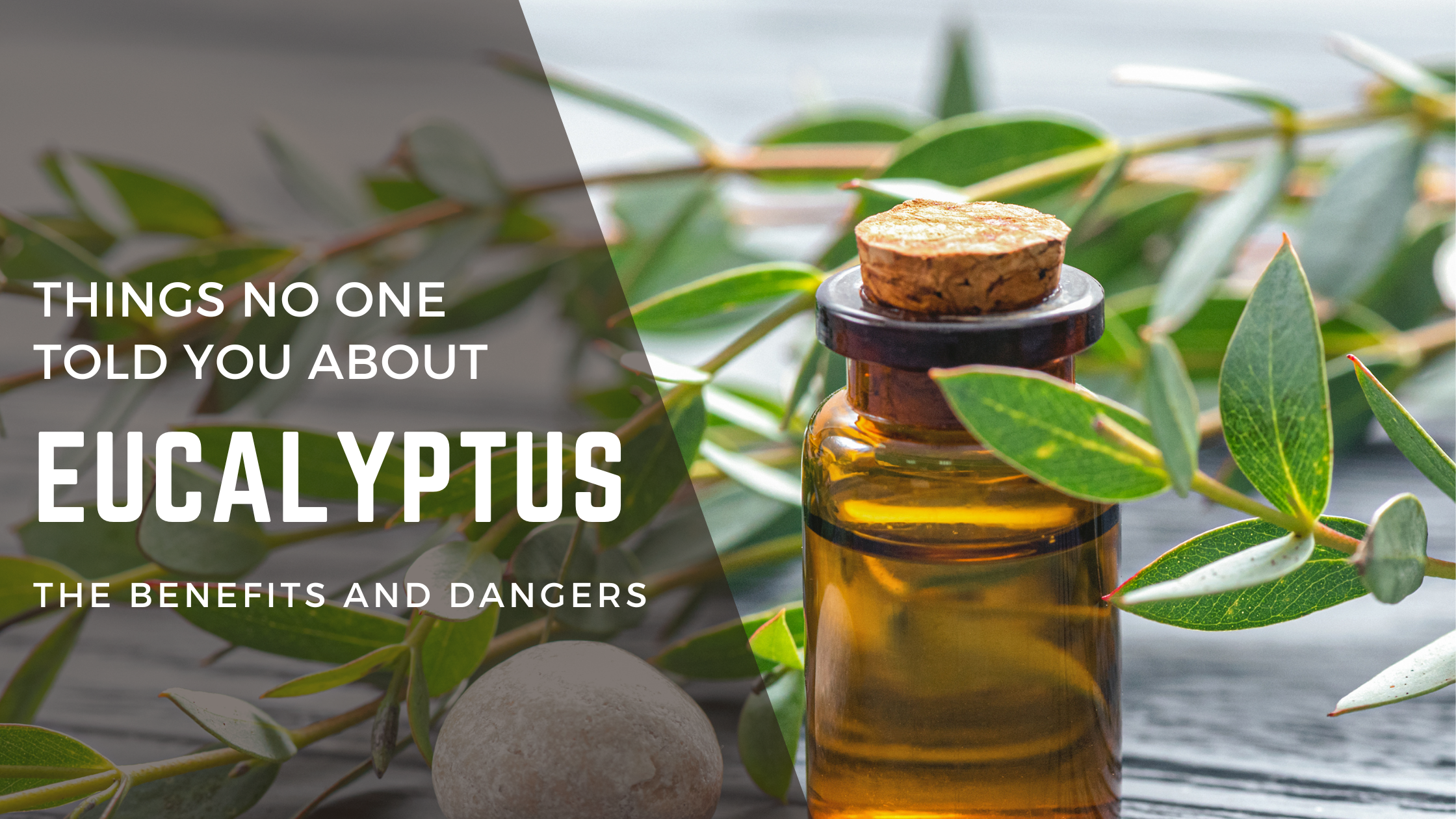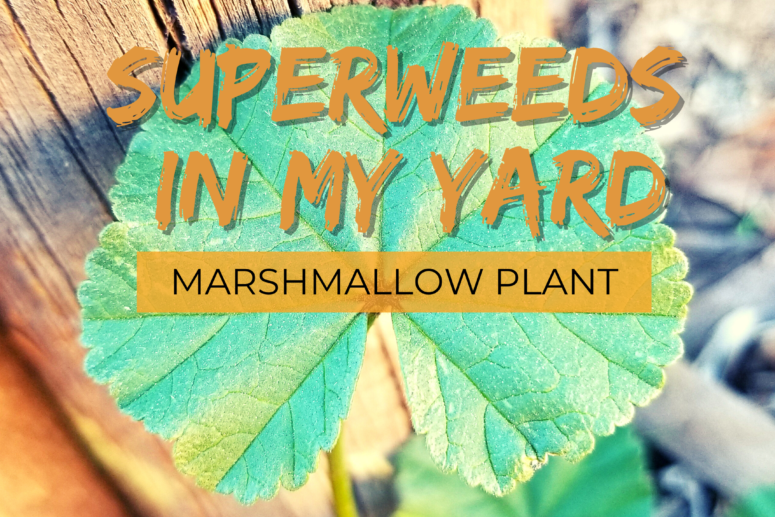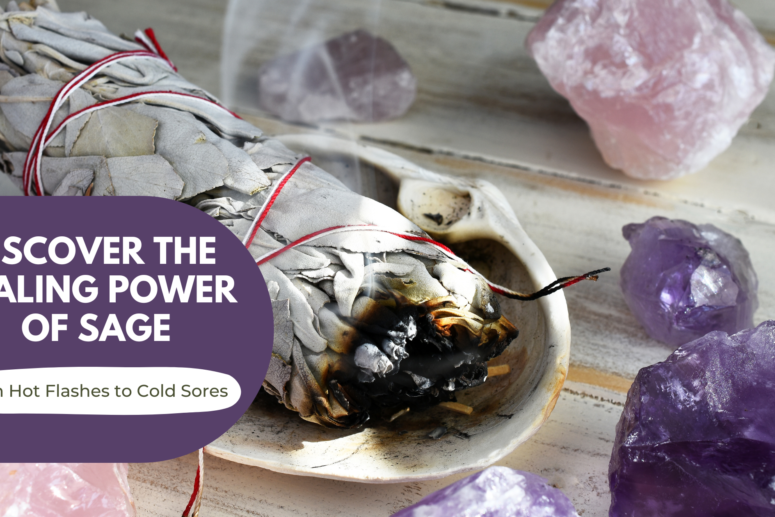Things No One Ever Told You About Eucalyptus: a blog about the benefits and dangers of eucalyptus.
Eucalyptus is an evergreen tree native to Australia. You might be most familiar with eucalyptus plants as a favorite food of the koala. Once you learn about its medicinal properties, it may become a favorite for you too.
The leaves of the eucalyptus tree contain oils that are believed to have antiseptic and anti-inflammatory properties. These oils are commonly used in a variety of products, including throat lozenges, rubs, and inhalants.
One of the most common uses for eucalyptus is as a decongestant. When the oils are inhaled, they can help to clear nasal passages and relieve congestion caused by colds, flu, and allergies. Eucalyptus inhalants can be found in the form of oils, sprays, and steam inhalants. To use eucalyptus as a decongestant, simply add a few drops of the oil to a large bowl of hot, steaming water, throw a towel over your head and inhale the steam. Alternatively, you can use a eucalyptus inhalant spray or apply eucalyptus oil to a cloth and inhale the scent. However, it is important to use eucalyptus oil in moderation and to dilute it with a carrier oil, such as almond oil or coconut oil, before applying it to a cloth.
In addition to its use as a decongestant, eucalyptus is also believed to have pain-relieving properties. It is commonly used to treat muscle aches, arthritis, and other types of chronic pain. Eucalyptus can be applied topically in the form of creams, gels, and rubs, or it can be taken orally in the form of supplements.
Eucalyptus is also believed to have antibacterial and antiviral properties, making it a popular choice for the treatment of wounds and skin infections. It is commonly used in the form of a cream or ointment and can be applied directly to the affected area.
One fact that many people may not know about eucalyptus is that it is often used as a natural pest control. The strong scent of the eucalyptus oil is believed to repel insects, including mosquitoes, flies, and fleas. Eucalyptus oil can be applied topically or diffused using an essential oil diffuser to keep pests at bay.
In conclusion, eucalyptus is a versatile and effective natural remedy that can be used to treat a wide range of ailments, including congestion, pain, and skin infections. Its strong, refreshing scent makes it a popular choice for use in a variety of products, including inhalants, creams, and diffusers.
** As with anything, moderation and following instructions are key.
Eucalyptus oil is generally considered safe when used as directed. However, it can be toxic if ingested in large amounts or if it comes into contact with the eyes. Ingesting eucalyptus oil can cause symptoms such as nausea, vomiting, and diarrhea. If ingested in large amounts, eucalyptus oil can cause more serious symptoms, including dizziness, drowsiness, and even coma.
The safe use of eucalyptus oil depends on several factors, including the intended use of the oil and the person using it. Here are some general guidelines for the safe use of eucalyptus oil:
- Topical use: When used topically, eucalyptus oil should be diluted with a carrier oil, such as almond oil or coconut oil. A dilution of 2-5% eucalyptus oil is generally considered safe for adults. This means that for every 1 ounce (30 mL) of carrier oil, you should use no more than 15-30 drops of eucalyptus oil.
- Inhalation: Eucalyptus oil can be inhaled to help clear congestion and relieve other respiratory symptoms. When using eucalyptus oil for inhalation, it is generally safe to use a few drops of the oil in a bowl of hot water or in an essential oil diffuser. Avoid inhaling eucalyptus oil directly from the bottle, as this can be irritating to the respiratory system.
- Oral consumption: Eucalyptus oil should not be taken orally unless directed by a healthcare provider. If you are considering taking eucalyptus oil orally, it is important to speak with your healthcare provider first to determine the safe dosage for your specific needs.
** It is always a good idea to start with a low concentration of eucalyptus oil and gradually increase the amount if needed. If you experience any adverse reactions after using eucalyptus oil, stop using it immediately and seek medical attention.
CAN YOU GROW IT?
If you’re like me, always looking for ways to be more self sufficient, you may be thinking about growing it. Great news… it’s feasible. In its natural Australian environment, it can grow to nearly 60 feet, a little bigger than I think I can handle. Fortunately, when planting eucalyptus in home gardens, it stays much smaller… around six to ten feet high. Being that is native to Australia, it is well adapted to dry, hot conditions. Keep in mind, eucalyptus can be sensitive to frost and may not survive in areas with cold winters.
If you decide to plant a tree, let us know and send photos.
We have an entire page of natural remedies. If you have natural remedies you choose, please share them — it takes a community!







Thank you….